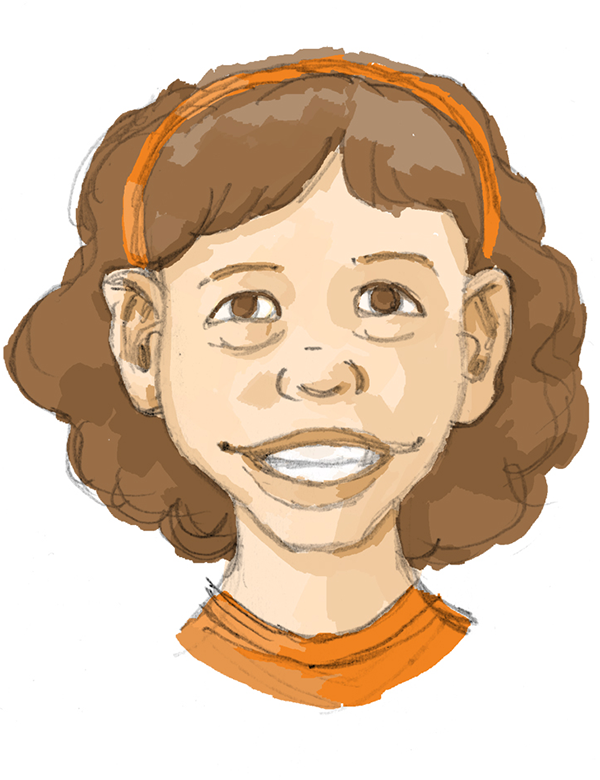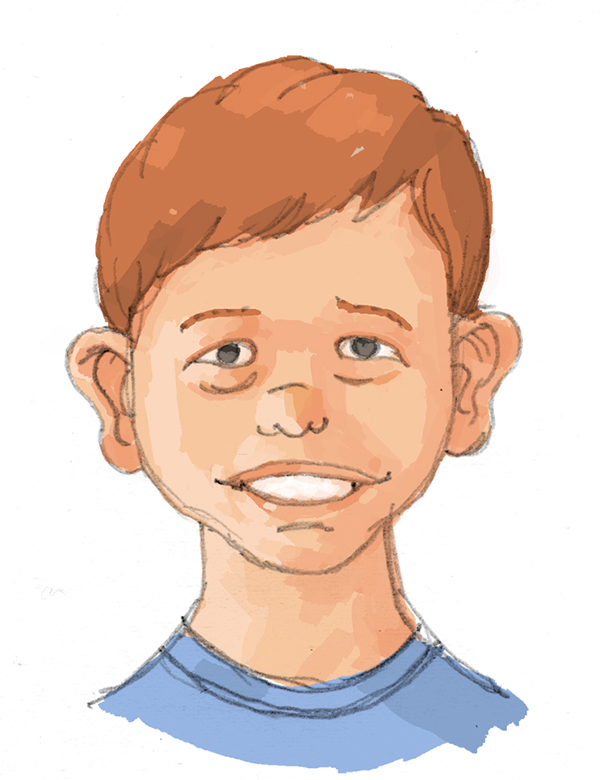Williams syndrome
Codes
ICD-10: Q87.8
ORPHA: 904
General information
Estimated occurrence
5-10:100,000 live births.Cause
Deletion on chromosome 7, most often caused by a new mutation.General symptoms
A congenital cardiac defect in the form of supravalveolar aortic stenosis (SVAS) is common, and many children have raised levels of blood calcium (hypercalcemia). Individuals with Williams syndrome have varying degrees of intellectual disability, and delayed motor and language development. Most have a particular behaviour profile including anxiety in certain situations and autism and autistic traits are common. Squinting and other vision problems are frequent.Synonyms
William-Beuren syndromeImages
Characteristic facial features in Williams syndrome:
Large mouth. Long upper lip (long philtrum). Small chin. Slightly upturned nostrils. Widely set eyes (hypertelorism). Small teeth. Widely spaced teeth. The Adam´s apple becomes prominent in boys.


Orofacial/odontological symptoms
Characteristic facial features are associated with the diagnosis. Dental problems in the form of the absence of some tooth buds, irregular and/or small and/or widely spaced teeth, enamel aberrations. Many of these children have some kind of malocclusion and muscle laxity in and around the mouth. Orofacial problems including sucking and chewing, drooling and over sensitivity of the oral cavity are frequent.Advice on follow-up and treatment
- Early contact with dental services for intensified prophylactic care and oral hygiene information is essential.
- Regular check-ups of dental and jaw development. Orthodontist should be consulted when needed.
- Feeding and swallowing difficulties are investigated and treated by a specialist team at the hospital or multidisciplinary treatment centre.
- Orofacial therapy and oral motor skills training and stimulation in cases of difficulties with eating, speech or drooling may be relevant.
- Speech, language and communication training are often required.
- When treating medically compromised patients always contact their doctors for medical advice.
Sources
Updated: 2019-11-12 14:55






